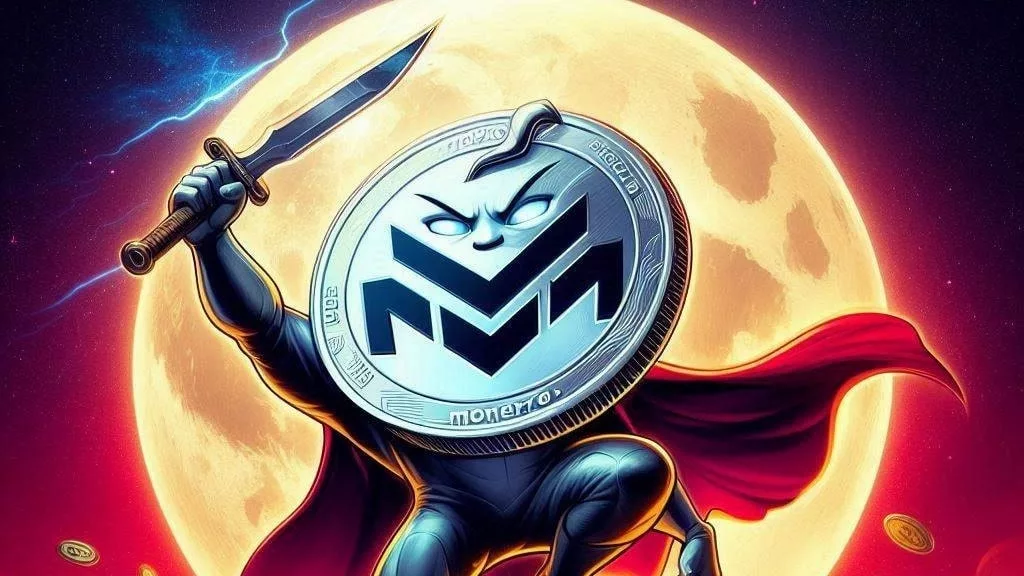
The ongoing debate about the merits of Bitcoin versus gold as investment options has gained traction once again, thanks to insights from two prominent figures in the financial world: senior trader Peter Brandt and economist Peter Schiff. Their recent discussions shed light on the contrasting performance of these two assets, highlighting the complexities that investors face when choosing where to allocate their funds.
In a recent post on the social media platform X, Peter Brandt made a noteworthy observation: Bitcoin has made “no progress” against gold over the past 42 months. He pointed out that Bitcoin is currently trading below its all-time high of $73,777, which it reached in March 2024. This stagnation has raised concerns about Bitcoin’s position in the marketplace, particularly as gold has continued to perform robustly.
“Bitcoin has made no progress against gold recently,” Brandt asserted, signaling a troubling trend for a cryptocurrency that many view as a hedge against inflation and market instability. While Bitcoin’s price has seen wild fluctuations, its failure to break past key resistance levels has prompted questions about its long-term viability.
Adding another layer to this debate, Peter Schiff emphasized that Bitcoin’s rise should not overshadow gold’s impressive performance. He noted that gold is approaching new all-time highs, yet this milestone often gets lost amid the hype surrounding Bitcoin. Schiff believes that the precious metal deserves more attention, particularly in light of its historical role as a safe haven for investors.
“Gold is trading at such high levels that it’s getting overlooked due to Bitcoin’s rise,” Schiff remarked, highlighting the risk of neglecting a time-tested asset in favor of a more volatile one. His comments invite investors to reconsider their asset allocations, especially when gold is demonstrating consistent strength.
Schiff further posits that if historical trends hold, gold could eventually surpass Bitcoin in value, potentially doubling its price. However, he cautions that while Bitcoin is enjoying a surge, it could also lead to vulnerabilities in its standing as an investment.
Interestingly, Schiff also pointed out the relationship between Bitcoin and associated stocks, particularly MicroStrategy. He noted that MicroStrategy’s stock performance has outpaced that of many gold mining companies, raising questions about the sustainability of such valuations. This dynamic adds another layer of complexity to the Bitcoin vs. gold debate, as the cryptocurrency’s volatility can impact related equities significantly.
As of late October 2024, Bitcoin has seen significant gains, rising over 62% since the beginning of the year. Gold has also performed well, achieving an increase of more than 33%. Yet, while Bitcoin’s price movement captures headlines, Schiff’s arguments suggest that gold’s more stable growth is worth noting.
MicroStrategy has emerged as one of the best-performing assets in 2024, even surpassing both Bitcoin and gold. This development complicates the narrative surrounding these two assets, prompting investors to consider the broader implications of their choices.
The dialogue between Brandt and Schiff serves as a crucial reminder for investors to assess their risk profiles carefully when deciding between Bitcoin and gold. Each asset carries its own unique set of advantages and disadvantages, making informed decision-making essential in today’s volatile market.
For those drawn to Bitcoin, its potential for rapid gains can be enticing. However, its notorious volatility can also lead to steep losses. On the flip side, gold has historically shown resilience in times of economic turmoil, making it a safer choice for those prioritizing stability over speculative gains.
A psychological component also plays a role in investment decisions. Many new investors may be attracted to Bitcoin’s meteoric rise, viewing it as the “future of money.” However, this enthusiasm can lead to emotional trading, which often results in poor decision-making. Schiff’s focus on gold may resonate more with conservative investors who are wary of market fluctuations and are looking for a reliable store of value.
The landscape of investment is continuously changing, influenced by various factors, including economic indicators, geopolitical events, and regulatory developments. As Bitcoin and gold navigate these complexities, investors must remain vigilant and adaptable.
For instance, upcoming regulatory changes could significantly impact Bitcoin’s market performance, while shifts in monetary policy may affect gold prices. Investors should be aware of these developments and consider how they could influence their asset choices.
The discussion between Peter Brandt and Peter Schiff highlights the importance of evaluating the merits of both Bitcoin and gold in today’s market. While Bitcoin may be riding a wave of excitement, its recent performance against gold raises important questions about its role as a reliable investment.
Ultimately, the decision between Bitcoin and gold comes down to individual risk tolerance and investment goals. Both assets offer unique advantages, and the choice should be informed by a thorough understanding of their historical performance and market dynamics.



Get the latest Crypto & Blockchain News in your inbox.